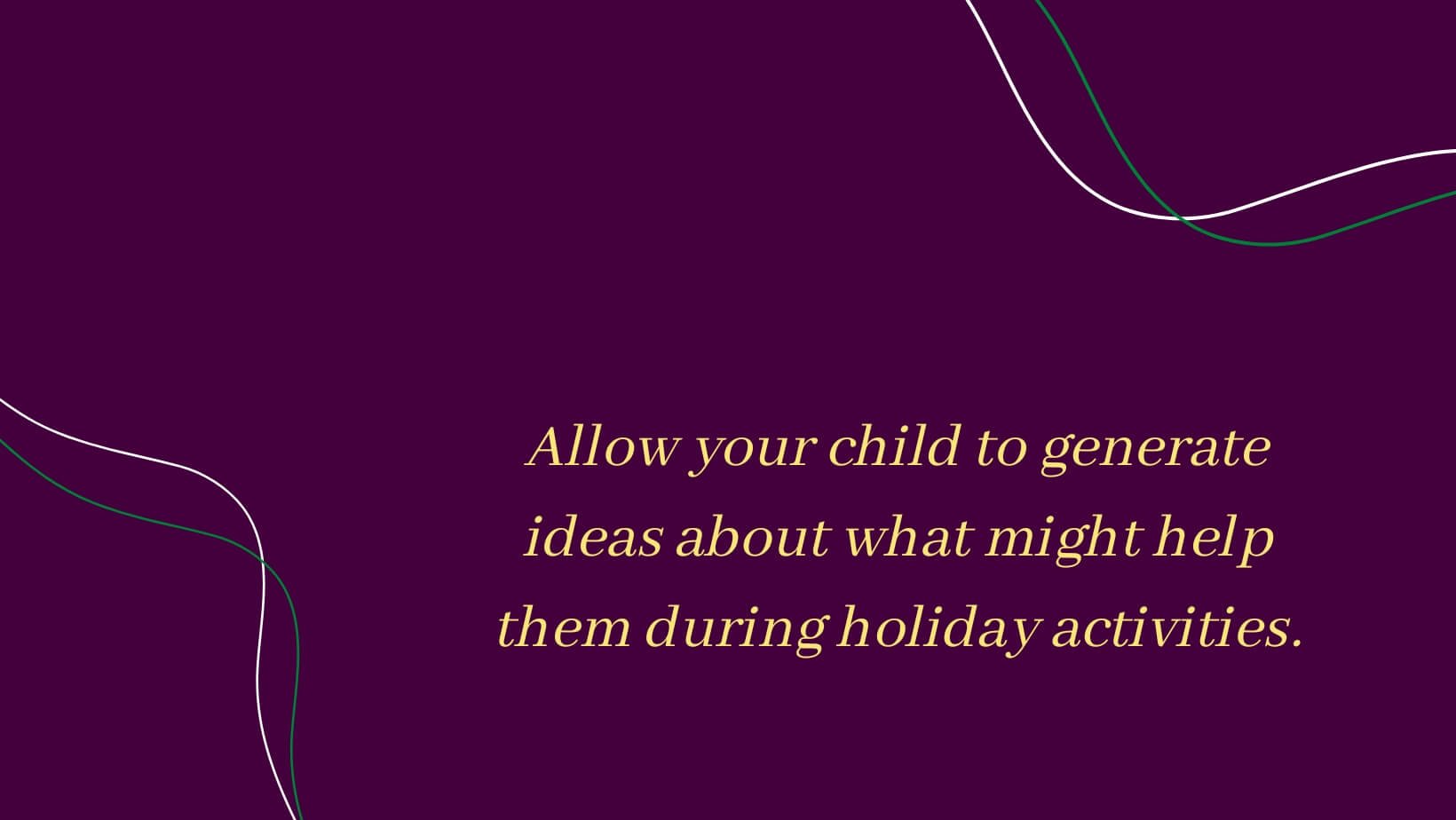Holiday Tips for Dealing with Misophonia for Parents
As a person with misophonia who is also a mental health professional, I often help others with misophonia coping skills. I know how difficult the holidays can be.
As parents, we often feel a unique burden to provide our children with harmonious holiday experiences and memories. We want the holidays to be especially meaningful, and having a child with misophonia can require special understanding during the holidays.
As adults, we tend to feel obligated to attend holiday events that we may not want to go to. In addition, we may be burdened with travel that is highly difficult and fatigue inducing.
How do we manage all of this while being mindful of misophonia?
Here are some general suggestions that you may find helpful:
Always Prepare
Whether you are traveling or visiting family and friends, make sure to let your misophonic child know ahead of time what may be happening!
As much as you are able, explain to your child what to expect both situationally and emotionally.
For example, you might say, "We are going to visit Grandpa and Grandma this weekend. You may have some problems with Misophonia. I (or we) know this might be difficult for you. However, we are there to support you. Let’s think of some things that you can do if you are triggered."
Setting expectations for your child can help alleviate the anticipatory anxiety that builds up when facing possible [or likely] activating situations. This also makes your child feel that you are "in this together," and that your misophonic child is not alone.
Even if sounds and sights emanating from you trigger your child, it is still helpful to frame Misophonia as an issue you are all working on together.
Get Creative
Allow your child to generate ideas about what might help them during holiday activities. Refine these ideas based on your child's age and developmental stage.
Make a list of the three "best" ideas and write them on an index card to bring with you. This will make your child (and you) feel that there are options to use if the situation becomes too arduous. The exact nature of these options will vary regarding your child’s age and each family's unique circumstances.
In general, this puts your child in the mindset of thinking of ways to self-regulate in the face of triggers, and what to do if they can not. You might be surprised by the ideas your child comes up with.
Let your child know when they are doing a great job and if your child experiences difficulty, don't panic. It's a not always easy to manage, as a parent. And that is OK.
However, the calmer you are, the more likely your child will also find calm and comfort so they can return to homeostasis (when the body is calm).
Other Tips
Some general ideas may include:
• Encouraging your child to leave the room to self-regulate and reset their nervous system.
• Agree ahead of time on a signal between you and your child so they can communicate distress or a need for help. This can be something simple, like a hand signal or word. When your child knows they don’t have to suffer in silence, that they have a way of asking for help or permission to step away, this can reduce anxiety.
The holiday season is full of many wonderful possibilities, but also real or anticipated stress for your child. Parents should not feel guilty if the difficulties of Misophonia impede on the holidays. Instead, savor the good moments. Let your child know that you are their ally. Point out the positives to your child, and to you!


